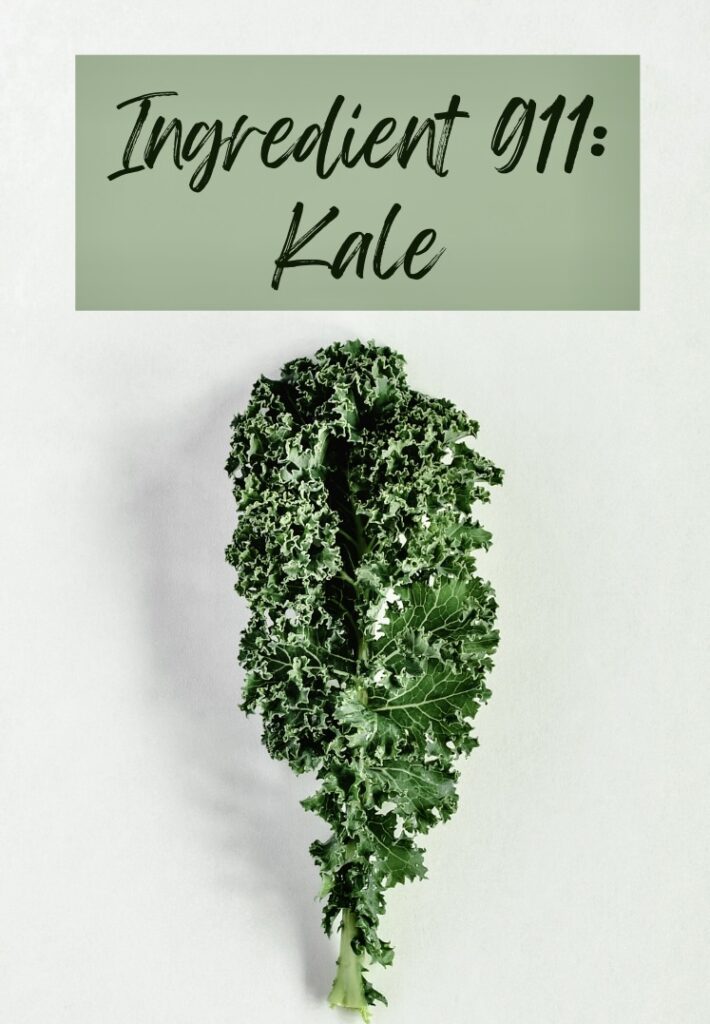
Before you can create a nutrition plan, you must be able to read and understand a nutrition label. You might have heard about the Choose My Plate program. It has helped millions of people find the right mix of food groups. But many people struggle to find a balanced meal. Here's how to make sure your meals are balanced and healthy. By following this simple guide, you can eat the kinds of foods your body needs to stay healthy and feel great.
While most nutrition planners follow the same basic principles, the methods they use to reach their goals are different. Some planners focus on macro-level economics while others are more focused on micro-level economics. Some planners specialize in a certain sector, such as the agriculture industry. A third group places emphasis on organizational factors and uses statistical analytical methods. Others are intuitive and combine all three. A fourth group stresses organizational factors. It doesn’t matter which approach is chosen, it’s important to know the differences among these two groups as well as how they differ.

Meal planning can help you achieve your goals, whether you are looking to improve your nutrition or prevent chronic lifestyle diseases. Meal planning can allow you to enjoy a wide variety of food and increase your intake of vegetables and fruits. Regardless of your goals, this process is a fun and effective way to ensure you're getting the right nutrients. You have come to the right spot if your search for a nutrition plan. Here are some helpful tips to get you started.
It can help you save money and time by planning your meals. Meal planning will eliminate the need for you to rush to the grocery store. It can also help you control your spending and portion sizes, by keeping your purchases close in relation to the time you purchased them. You'll also reduce your risk of overeating. Consistency is key to success. It takes some practice, but it's worth it. It'll pay off in the long run.
Meal planning is an important component of a weight loss program. It can help reduce your intake of unhealthy foods and make you eat more healthy. It can also help with weight loss and maintaining your health. It will help you keep on track and achieve your goals. When you are clear about what to eat, it is easier to make informed decisions. A nutrition plan will help you eat healthier and prevent unhealthy food choices.

Meal preparation can be a great way of eating healthy and sticking to your weight-loss program. By taking the time to prepare your meals ahead of time, you'll save valuable time and prevent yourself from eating unhealthy foods when you're hungry or tired. This will allow you to stay on track, avoid bad habits, and help you maintain a healthy weight. A balanced diet will help you achieve your weight-loss goals! It will also help you avoid eating foods high in saturated fats and other unhealthy ingredients.
FAQ
How to measure your body fat
A Body Fat Analyzer will give you the most accurate measurement of body fat. These devices measure the body fat percentage in people who wish to lose weight.
What should I eat?
Consume lots of fruits, vegetables. They are rich in vitamins that can strengthen your immune system. They are also rich in fiber, which is good for digestion and makes fruits and vegetables filling. At least five servings of fruits and vegetables should be consumed each day.
Water is essential for your body. Water helps flush toxins out of your body and makes you feel fuller between meals. Drink about eight glasses each day.
Consume whole grains and not refined. Whole grains contain all of their nutrients, including B vitamins and iron. Refined grain has lost some of its nutrition.
Avoid sugary drinks. Sugary drinks have empty calories and are a major contributor to obesity. Choose water, milk or unsweetened tea instead.
Avoid fast food. Fast food lacks nutritional value. Fast food may be delicious, but it will not give you the energy that you need to perform your tasks properly. Use healthier options, such as soups, sandwiches, salads, and pasta.
Limit alcohol intake. Alcohol is a poor nutrient and has empty calories. Limit your intake to two alcoholic drinks per week.
Try to cut down on red meat. Red meats are high-in saturated fat and cholesterol. Instead, choose lean cuts of beef and pork, lamb, chicken or fish.
What is the difference between a calorie or a kilocalorie.
Calories are units used to measure the amount of energy in food. The unit of measurement is called a calorie. One calorie equals one degree Celsius of energy to raise water temperature by 1 gram.
Kilocalories are another term for calories. Kilocalories can be measured in thousandsths of one calorie. 1000 calories are equal to one kilocalorie.
Why do we need to have a healthy lifestyle?
Having a healthy lifestyle helps us live longer, happier lives. Regular exercise, healthy eating habits, healthy sleep habits and stress management can all help prevent strokes, heart disease, diabetes, and cancer.
A healthy lifestyle can also help improve mental health and make it easier to deal with daily stressors. Healthy lifestyles will increase self confidence, and make us look and feel older.
How much should I weight for my height and age? BMI calculator and chart
Use a BMI calculator to determine how much weight is needed to lose. Healthy BMI ranges between 18.5 to 24.9. To lose weight, you should aim for a loss of 10 pounds per year. To calculate your BMI, simply enter your height and weight into the BMI calculator.
This BMI chart shows you if it is possible to identify if you are either overweight or obese.
Improve immunity with herbs and supplements?
Natural remedies and herbs can be used to increase immune function. There are many natural remedies that can boost immunity, including echinacea (oregano), ginger, ginkgo biloba and vitamin C.
These herbal remedies are not meant to replace medical treatment. Side effects include nausea, diarrhea and stomach cramps, headaches and dizziness.
Statistics
- Extra virgin olive oil may benefit heart health, as people who consume it have a lower risk for dying from heart attacks and strokes according to some evidence (57Trusted Source (healthline.com)
- In both adults and children, the intake of free sugars should be reduced to less than 10% of total energy intake. (who.int)
- This article received 11 testimonials and 86% of readers who voted found it helpful, earning it our reader-approved status. (wikihow.com)
- The Dietary Guidelines for Americans recommend keeping added sugar intake below 10% of your daily calorie intake, while the World Health Organization recommends slashing added sugars to 5% or less of your daily calories for optimal health (59Trusted (healthline.com)
External Links
How To
What does the term "vitamins" mean?
Vitamins can be described as organic compounds found in food. Vitamins help us absorb nutrients from foods we eat. Vitamins are not made by the body, so they must be obtained through food.
There are two types vitamins: water soluble or fat soluble. Water-soluble vitamins dissolve in water easily. Examples include vitamin C,B1 (thiamine), B2 (riboflavin), B3 (niacin), B6 (pyridoxine), folic acid, biotin, pantothenic acid, and choline. Fat soluble vitamins are stored in the liver and fatty tissue. Examples include vitamin D, E, K, A, and beta carotene.
Vitamins are classified according their biological activity. There are eight major types of vitamins:
-
A - vital for healthy growth.
-
C is important for nerve function and energy production.
-
D - essential for healthy bones, teeth, and gums.
-
E is required for good vision and reproduction.
-
K - Required for healthy nerves and muscles.
-
P - Vital for strong bones and teeth.
-
Q – aids digestion of iron and iron absorption
-
R is required for the production of red blood cells.
The recommended daily intake (RDA), of vitamins varies with age, gender and physical condition. The U.S. Food and Drug Administration (FDA) sets the RDA values.
For example, the RDA for vitamin A is 400 micrograms per dayfor adults 19 years or older. For fetal development, pregnant women need 600 mg per day. Children ages 1-8 require 900 micrograms per day. Infants under one year of age require 700 micrograms per day, but this amount decreases to 500 micrograms per day between 9 months and 12 months of age.
Children between the ages of 1-18 need 800 micrograms per daily for obesity, while children overweight require 1000 micrograms. Children underweight or obese will need 1200 mg per day.
Children 4-8 years old who have anemia must consume 2200 micrograms of Vitamin C daily.
2000 micrograms per person is necessary for general health. Mothers who are pregnant, nursing, or have a high nutrient need will require 3000 micrograms a day.
Adults over 70 years of age need 1500 micrograms per day since they lose about 10% of their muscle mass each decade.
Women who are pregnant or lactating need more than the RDA. Pregnant and breastfeeding women require 4000 micrograms each day during pregnancy and 2500 Micrograms each day after delivery. Breastfeeding mothers need 5000 micrograms per day when breast milk is being produced.